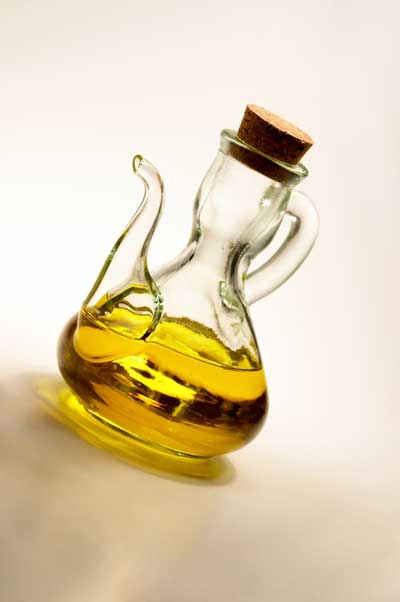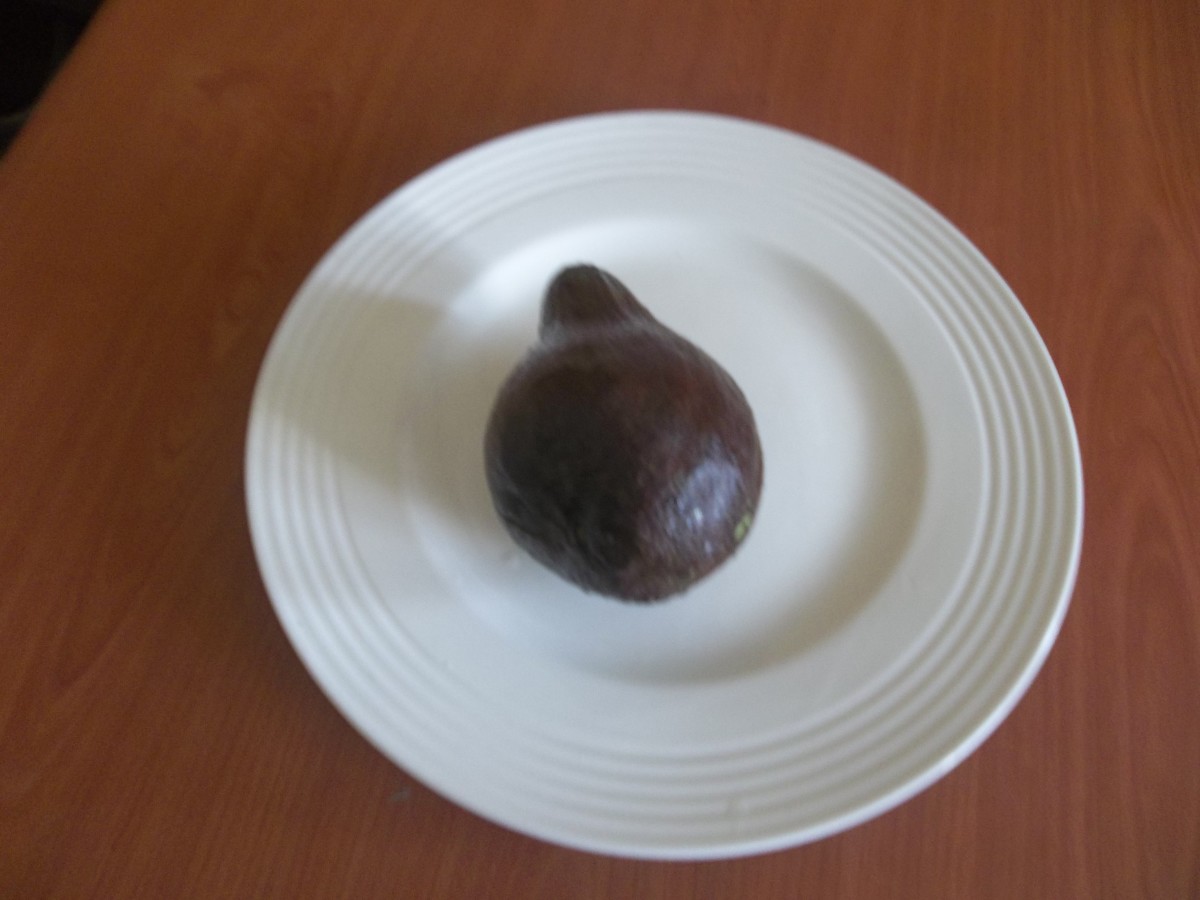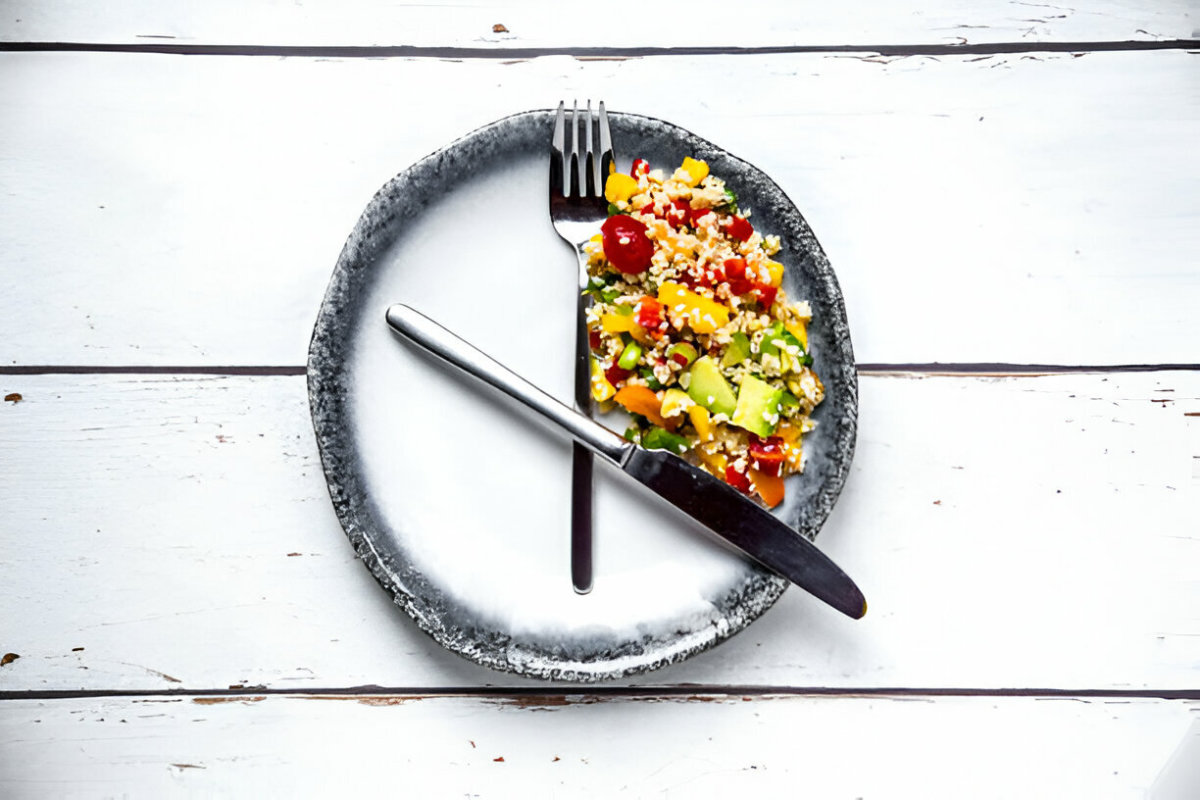Olive Oil vs. Canola Oil: Fat Profiles

I'm the first to admit that I swear by olive oil. It's pretty much the only oil that I cook with and I've tried all different kinds of olive oil to find what I like. But I'm also the first to admit that it's just a personal preference. I know that some people find the taste of olive oil to be too strong, especially for cooking certain kinds of foods, and so they prefer a canola oil or vegetable oil in place of the olive oil. I'm not likely to change my mind on the topic anytime soon since I've spent a lot of time figuring out what I like about olive oil. But I'm willing to open my mind long enough to see what the differences are between olive oil and these other oils, at least in terms of my health.
In doing my research into the different oils, I found that the main thing that's different between the two of them is the fat that they contain. And since I do like to try to keep my good fats up and my bad fats down, I figured it was worth learning some more about this. It took me a little while to find the information that I was seeking. The problem turned out to be that both canola oil and olive oil are basically filled with "good fats", the monounsaturated fats that are considered to be the healthy kind of fat that your body can use.
Since both canola oil and olive oil have these "good fats", most people think that the two kinds of oils are basically the same in terms of their health benefits. But I continued to do my research, and I found out some of the nuances that make canola oil and olive oil different. Olive oil generally has a higher proportion of these "good fats", up to about a third more than would be found in a comparable amount of canola oil. But it turns out that olive oil also has a higher proportion of the saturated fats that are the "bad fat". Canola oil and olive oil both have low levels of saturated fat in comparison with other oils but the amount in canola oil is lower, sometimes considerably so.
So that had me a little bit confused. Mostly, I was thinking that canola oil was looking to be healthier than olive oil because it has less fat in general and less of the "bad fat" than olive oil has. But then I looked into the issue even further and I found out that canola oil has considerably more polyunsaturated fat than olive oil, enough to make a huge difference between the two oils. While polyunsaturated fats aren't necessarily "bad fats", it's better to have less of them than more. And while we're on the topic of having more fat, canola oil also has some additional fats in there that are really bad trans fats.
So, I was open minded and I did my research but as far as I'm concerned, olive oil is still the way to go. It might have a little bit more of the bad fats but it has less fat in general than canola oil does and it doesn't have the really bad stuff. If I was someone who used a lot of butter, then I could see the benefit of switching from that to canola oil. As far as the oils go, it's not a bad one. But I'm sticking with olive oil.
- Good Fats vs. Bad Fats Chart
There's a great chart here that highlights the amount of each fat in each kind of oil. - Olive oil buying guide. What does extra virgin olive oil mean?
- Olive oil's health benefits
- Go Ask Alice!: Difference between olive oil and corn oil
- Most Commonly Asked Questions About Olive Oil









